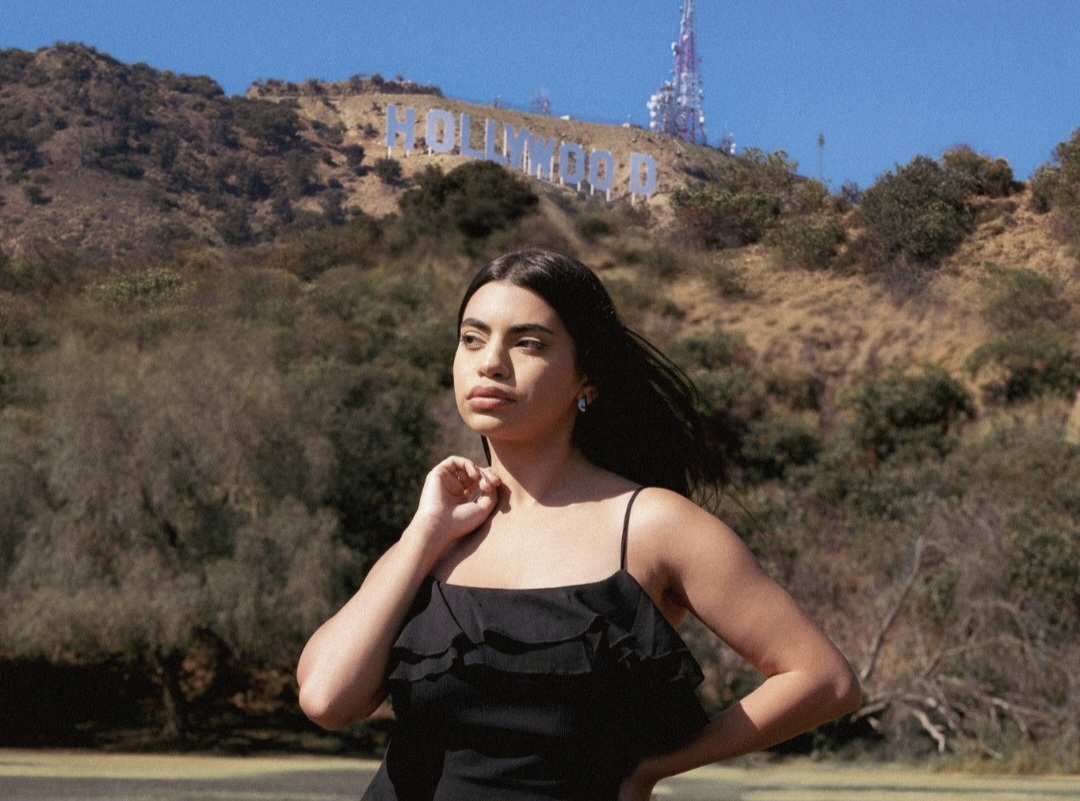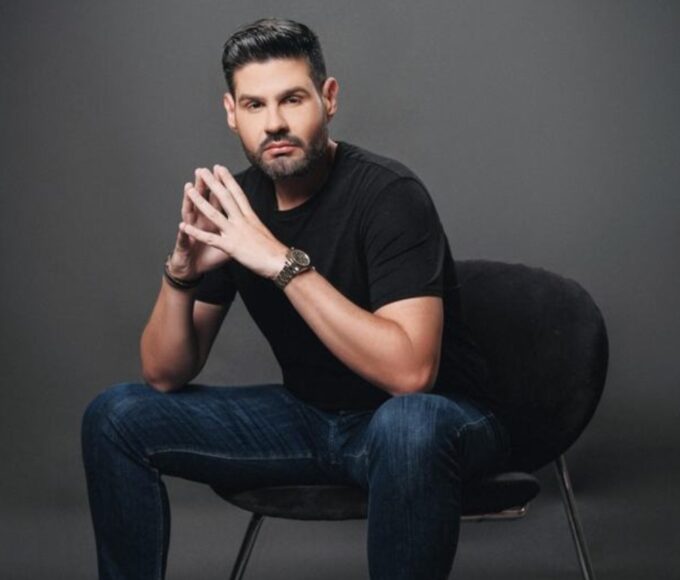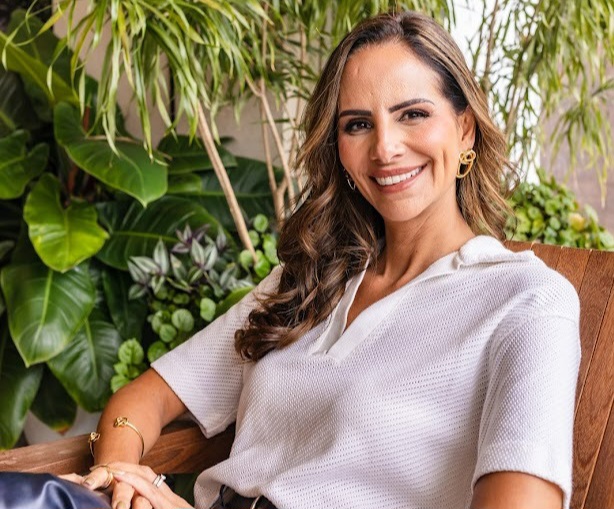The Brazilian filmmaker builds a career defined by aesthetic sensitivity and international ambition
Brazilian actress and director Roxy Fernandez has been gaining recognition as one of the most promising voices in contemporary auteur cinema. A member of the Brazilian Academy of Cinema and a voting member of the Grande Otelo Awards, she is forging a path driven by aesthetic restlessness and a commitment to storytelling that blends emotion, social critique and poetic language.
Currently, Roxy is entering an international phase, developing Hurt — her first short film now in pre-production in the United States — while consolidating her presence within Brazil’s expanding audiovisual landscape.
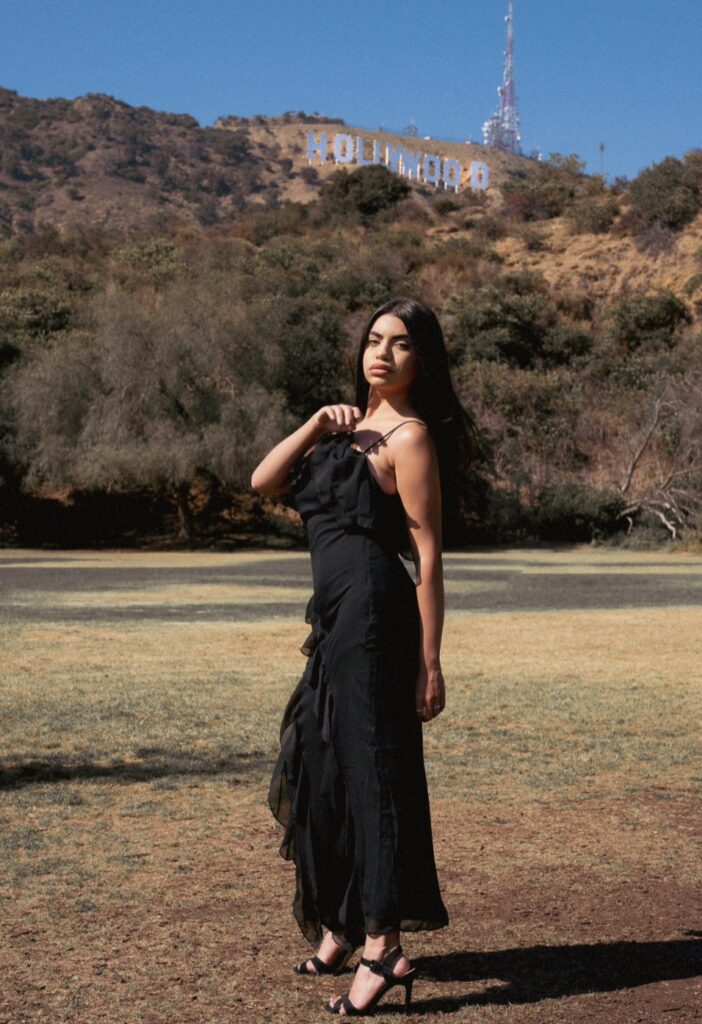
Trained in Theatre, Television and Film at the Wolf Maya Acting School, Roxy began her career at a young age, performing in independent short and medium-length films.
In 2022, she began shifting her focus towards directing and screenwriting, finding in the moving image a way to translate emotion and question social structures. Her artistic vision is characterised by a distinct auteur style, blending influences from surrealism and European cinema, and drawing inspiration from figures such as Buñuel, Godard and Angelina Jolie.
Her new creative chapter in the United States represents more than just a geographical move — it signals an artistic transformation. She is investing in intimate productions that explore human vulnerability, particularly through a female perspective.
“Cinema is a mirror of what we believe is possible. I want to create films that provoke, heal and transform. I’m taking the first steps of a long journey, but I know I can build something meaningful — and perhaps one day be remembered among the great artists of our time,” she says.
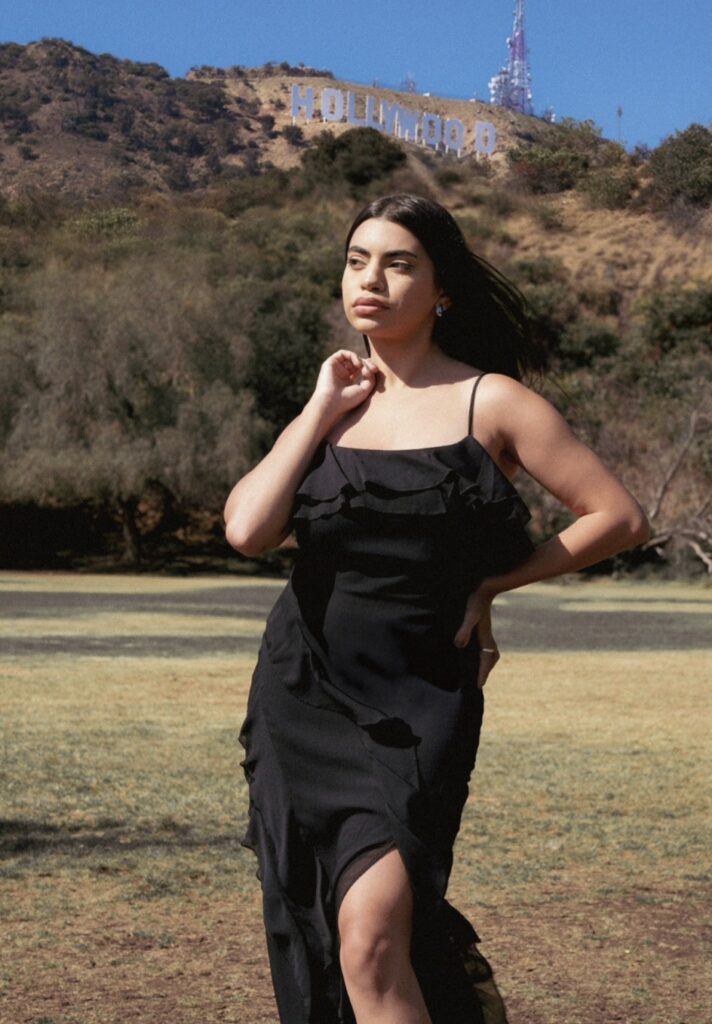
Recent data from UNESCO shows that only 24% of films produced globally are directed by women, and in Brazil that figure is even lower — around 19%, according to Ancine (2023). In a sector still largely dominated by men, the rise of filmmakers like Roxy represents an essential renewal for Brazilian and Latin American cinema.
Among critics and industry professionals, she is already regarded as a promising name, praised for the originality of her visual language and the strength of her artistic formation. Her work is beginning to circulate in festivals and discussion panels, as her voice gains momentum in an industry undergoing transformation — one that increasingly recognises diversity and emotional depth as urgent paths to the future.
With courage, consistency and a sharp eye for the human experience, Roxy Fernandez establishes herself as a rising artist — one who turns experience into expression and uses cinema as a vehicle for both emotion and awareness.





